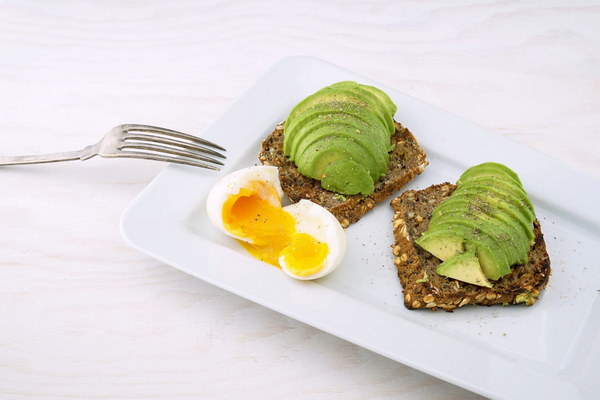Effective Lifestyle Tips for Managing Cholesterol Levels
Maintaining healthy cholesterol levels is crucial for overall heart health and preventing cardiovascular diseases. While medication plays a significant role, adopting a healthy lifestyle can significantly lower your cholesterol levels. Here are some effective lifestyle tips to help you manage your cholesterol levels naturally.
1. Adopt a Heart-Healthy Diet
A heart-healthy diet is the cornerstone of managing cholesterol levels. Focus on the following dietary changes:
a. Increase intake of fiber-rich foods: Foods like whole grains, fruits, vegetables, and legumes are high in fiber, which can help lower cholesterol levels by binding to bile acids in the intestines.
b. Include healthy fats: Replace saturated and trans fats with monounsaturated and polyunsaturated fats found in foods like avocados, nuts, seeds, and olive oil.
c. Consume omega-3 fatty acids: Omega-3 fatty acids, found in fish, flaxseeds, and walnuts, can help reduce triglycerides and improve heart health.
d. Limit cholesterol intake: Reduce your consumption of cholesterol-rich foods such as red meat, full-fat dairy products, and egg yolks.
e. Control portion sizes: Avoid overeating and try to maintain a balanced diet with appropriate portion sizes.
2. Engage in Regular Physical Activity
Regular physical activity can help lower LDL (bad) cholesterol and increase HDL (good) cholesterol levels. Aim for at least 150 minutes of moderate-intensity aerobic exercise or 75 minutes of vigorous-intensity aerobic exercise per week, along with muscle-strengthening activities.
3. Maintain a Healthy Weight
Being overweight or obese can lead to higher cholesterol levels. Losing weight can help improve your cholesterol levels and reduce your risk of heart disease. Aim to lose weight gradually and maintain a healthy weight through a balanced diet and regular exercise.
4. Quit Smoking
Smoking can raise your levels of bad cholesterol and lower your levels of good cholesterol. Quitting smoking can help improve your cholesterol levels and reduce your risk of heart disease.

5. Limit Alcohol Consumption
Excessive alcohol intake can raise your triglyceride levels and increase your risk of heart disease. Limit your alcohol consumption to moderate amounts, which is up to one drink per day for women and up to two drinks per day for men.
6. Manage Stress
Chronic stress can lead to unhealthy lifestyle choices, such as poor diet, smoking, and excessive alcohol consumption. Practice stress-reduction techniques such as meditation, deep breathing exercises, yoga, or regular physical activity to maintain a healthy mind and body.
7. Regular Health Check-ups
Keep track of your cholesterol levels through regular health check-ups. This will help you monitor your progress and adjust your lifestyle changes as needed.
By incorporating these lifestyle tips into your daily routine, you can effectively manage your cholesterol levels and reduce your risk of heart disease. Remember, it's essential to be consistent with these changes to see long-term benefits for your heart health.









